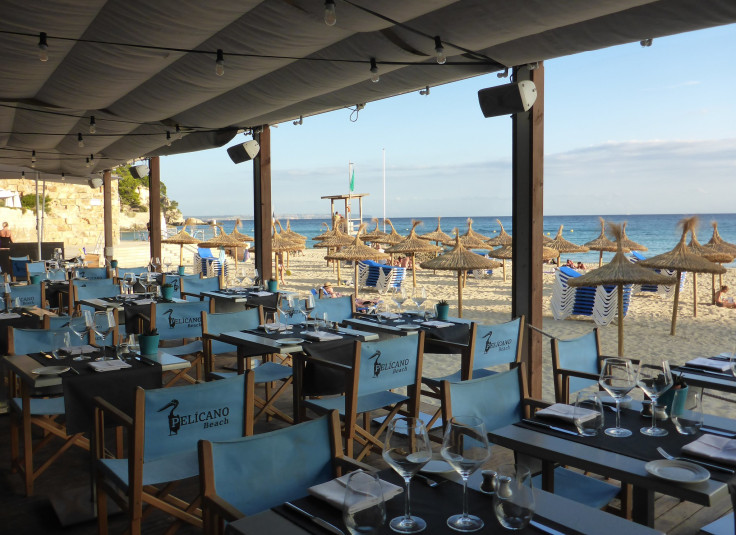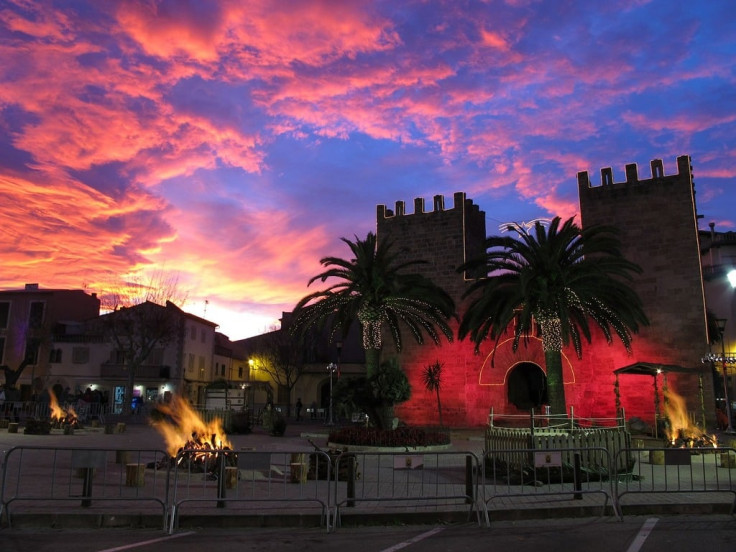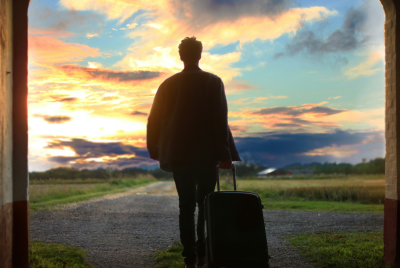Majorca Tourism Falls 20% After Furious Protests Scare Off Holidaymakers — Bars and Beaches Now Struggling

Majorca, one of Spain's most beloved holiday destinations, is facing a dramatic downturn in tourism following a wave of anti-tourism protests that have swept across the island this summer.
The protests have caused significant economic damage to bars, restaurants, and excursion providers as this backlash prompted urgent calls for reform—and reassurance to tourists.
According to the Balearic Islands Employers Association (CAEB), bar and restaurant revenues have dropped sharply, with beach operators reporting a 20% decline in July compared to the same period last year.
The protests, led by grassroots groups such as SOS Residentes, have had a drastic impact on the tourism sector, with restaurants and bars in hotspots like Sóller, Capdepera, and Palma reporting up to a 40% decline in customers compared to last year.
'Tourism... Will Kill Us All'
The rhetoric from protest organisers has been stark. One activist told The Telegraph: 'Today, the only future for young people is to work as a waiter or in tourism,' she said. 'There are other opportunities, like internet services, solar energy, and fish farms. These industries require investment and intelligence. But tourism is an easy way to earn money, and the easy way will kill us all.'
Their frustration is rooted in what they describe as a 'tourism monoculture', an overreliance on a single industry that benefits investors and hotel chains while leaving local wages stagnant and communities displaced.
The Palma Airport Info site notes that while the protests have made headlines, they are localised mainly and not aimed at individual tourists. Instead, they reflect anger at government policies that prioritise profit over residents' quality of life.
Anti-Tourism Sentiment Escalates
Since 2023, protests led by groups like SOS Residentes and Menys Turisme, Més Vida have intensified. Residents have erected fake danger signs, staged dinner parties in public spaces, wielded water pistols at tourists, and blocked buses—all aimed at protesting mass tourism, rising rents, and loss of local identity. In June alone, coordinated demonstrations occurred across Palma and Southern Europe.
Pushback from Tourism Industry
The Hotel Business Federation (FEHM) has launched a "Tourist, Go Home Happy" campaign, with posters and digital banners welcoming visitors back, in a bid to counterbalance protest slogans and protect jobs, tourism industry claims.
Businesses at Breaking Point

For many local businesses, the impact has been immediate and severe. The Restaurants Association in Mallorca warns that some establishments may be forced to close by the end of the year due to the sharp drop in footfall.
Adopuma, the association representing beach concessions, has accused protest organisers of fostering hostility towards visitors, mainly British tourists, who traditionally make up a significant portion of Majorca's tourism market.
'The island's economy is being pushed to breaking point,' the group stated, calling September a make-or-break month to 'save the season'.
A Divided Island

Despite the downturn, Majorca remains a popular destination, and the Tourism Minister Jaume Bauzà insists that overall visitor numbers are still high. A communications campaign has been launched to reassure potential holidaymakers that the island remains welcoming and safe.
However, the divide between residents and policymakers continues to widen. Activists are calling for a shift toward 'higher-quality' tourism, fewer visitors, but with greater economic and cultural value. They argue that without reform, the island risks losing its unique identity and sense of livability.
The Independent reports that around 10,000 people joined protests in Palma in June, echoing similar demonstrations from previous years. The message was clear: 'Less tourism, more life.'
Looking Ahead
As Majorca grapples with the fallout, the debate over its future intensifies. For now, the answer remains uncertain. But one thing is clear: the idyllic beaches and bustling bars of Majorca are no longer just symbols of leisure; they are battlegrounds in a growing struggle over sustainability, identity, and the actual cost of paradise.
© Copyright IBTimes 2025. All rights reserved.





















